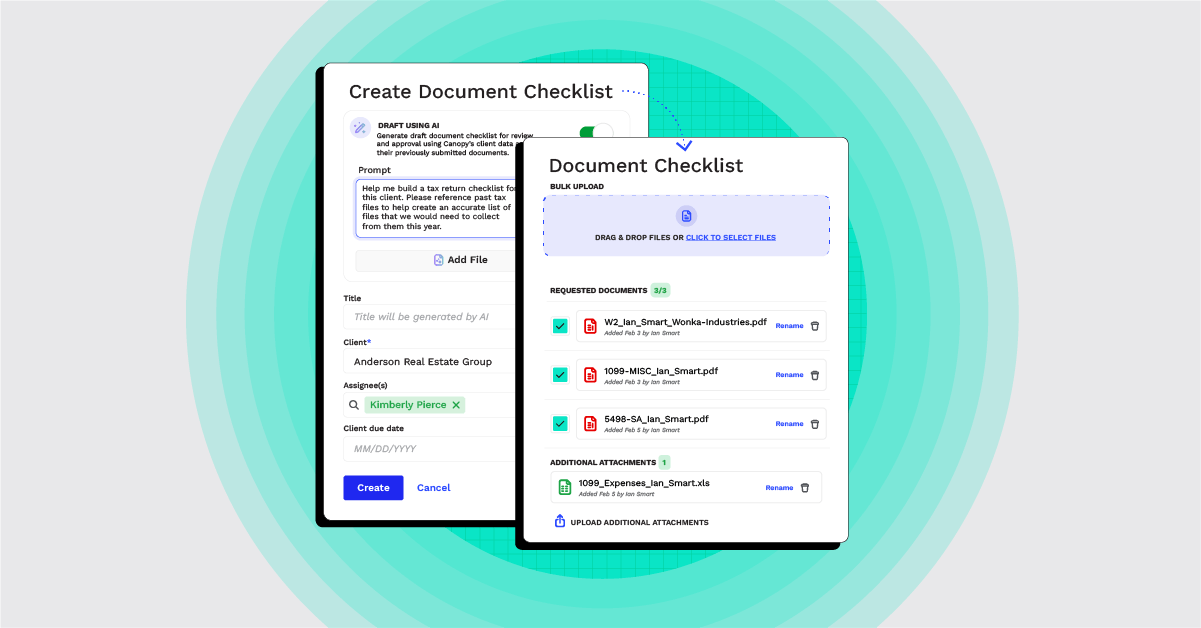While short-term rentals have fallen out of favor as of late, they do still offer tax benefits. There are reasons why short-term rentals have more favorable tax treatment than long-term rentals.
Short-term rentals often require substantially more active management than traditional long-term leases. Owners must handle frequent turnovers, maintain the property to hotel-like standards, and manage a constant flow of guest communications. This level of involvement can make it more like a business.
The tax rules recognize this. There is a rule for certain short-term rental activities if the average period of customer use for a property is seven days or less. This distinction can have significant implications for taxpayers’ ability to deduct losses from these activities against other income.
The recent case of Foradis v. Commissioner, No. 23342-22S (U.S.T.C. Jul. 11, 2024), provides an opportunity to consider the tax treatment of short-term rentals. The case addresses the passive activity loss rules and their exceptions.
Facts & Procedural History
The case involves a married couple who filed a joint income tax return for 2020. The husband worked full-time as an employee. In addition to his regular employment, he spent considerable time constructing a “carriage house” on their property.
The carriage house was placed in service in 2020, and the couple began renting it out as a short-term rental in October 2020. On their 2020 tax return, they reported rental income of $875 and claimed deductions totaling $23,251, resulting in a rental real estate loss of $22,376.
The IRS audited the couple’s income tax return. As with many IRS audits, the IRS disallowed this loss deduction, leading to a deficiency of $4,953. The taxpayers challenged this determination in the U.S. Tax Court.
Passive Activity Loss Rules
The passive activity loss rules are set out in Section 469. They were intended to prevent taxpayers from using losses from passive activities to offset income from non-passive sources. These rules apply to a wide range of activities, not just rental properties.
Under the PAL rules, losses from passive activities are generally suspended and carried forward to future years, where they can be used to offset passive income. There are exceptions, but generally rental activities are presumptively considered passive, regardless of the taxpayer’s level of participation.
These rules do prevent many taxpayers from benefitting from real estate tax losses. For example, consider a single-family home rental where the taxpayer collects $10,000 in annual rent. If the combined expenses for repairs, maintenance, insurance, property taxes, mortgage interest, and depreciation total $15,000, the resulting $5,000 loss would typically be suspended and carried forward to future years, rather than being immediately deductible against other income.
Real Estate Professional Rules
An exception to the PAL rules exists for taxpayers who qualify as “real estate professionals.” To satisfy these rules, a taxpayer must:
Perform more than half of their personal services in real property trades or businesses in which they materially participate, and
Perform more than 750 hours of services during the tax year in real property trades or businesses in which they materially participate.
It’s important to note that time spent on investment activities, such as analyzing potential property acquisitions, does not count towards these hours. The IRS auditors often question these types of hours on audit. They also question travel time.
With that said, many real estate owners can meet the 750-hour requirement. This is often just a matter of tracking hours. The 50% rule is often the more challenging for taxpayers who have full-time jobs outside of real estate. The key to this test is also tracking time. It may also include picking which spouse who will qualify for real estate professional status. A spouse who does not work outside of the home or who is self-employed may be able to more easily meet this test. For married couples who file jointly, only one spouse has to meet the test.
Short-Term Rental Activities
An often-overlooked exception to the passive activity rules applies to certain short-term rental activities. These rules apply to those who simply rent their property for short periods, which can be common in areas where tourists or events come to town. It can also apply to short-term rentals that rent via services like Air BNB or VBRO.
Under Treasury Regulation § 1.469-1T(e)(3)(ii)(A), if the average period of customer use for a property is seven days or less, the activity is not considered a rental activity for purposes of the passive loss rules. This exception recognizes that short-term rentals are more akin to operating a hotel or similar business, rather than a passive rental activity. As such, these activities are treated as trade or business activities, potentially allowing losses to offset other income without the need to qualify as a real estate professional.
This does not mean that there are not still rules that apply. The taxpayer still has to meet the material participation rules.
The Material Participation Rules
When dealing with short-term rentals or other non-passive activities, taxpayers must still meet the material participation standards to avoid the passive activity loss limitations. The IRS provides seven tests to determine material participation:
The individual participates in the activity for more than 500 hours during the year.
The individual’s participation in the activity constitutes substantially all of the participation in the activity of all individuals for the tax year.
The individual participates in the activity for more than 100 hours during the tax year, and that individual’s participation in the activity is not less than the participation in the activity of any other individual.
The activity is a significant participation activity, and the individual’s aggregate participation in all significant participation activities during the year exceeds 500 hours.
The individual materially participated in the activity for any five taxable years during the ten taxable years that immediately precede the taxable year.
The activity is a personal service activity, and the individual materially participated in the activity for any three taxable years preceding the taxable year.
Based on all of the facts and circumstances, the individual participates in the activity on a regular, continuous, and substantial basis during such year.
For short-term rentals, meeting one of these tests allows the taxpayer to treat the activity as non-passive, potentially allowing losses to offset other income.
Applying the Short-Term Rental Rules
This brings us back to the Foradis case. In the case, the court notes that the taxpayers placed the carriage house in service in 2020 as a short-term rental. These are the court’s words. Despite noting that it was a short-term rental, the court did not apply or address the short-term rental rules.
The court focused exclusively on whether the taxpayer qualified as a real estate professional, without considering whether the short-term rental exception might apply. If the average rental period was indeed seven days or less and the taxpayers materially participated, the activity should not have been subject to the passive activity loss rules at all, regardless of the taxpayer’s status as a real estate professional.
Capitalizing Construction Costs and Deducting Carrying Costs
When constructing rental property, taxpayers must typically capitalize the costs associated with the construction. This means adding these costs to the property’s basis rather than deducting them immediately. These capitalized costs generally include:
Direct costs of construction (materials, labor, etc.)
Indirect costs that clearly relate to the construction
Interest paid or incurred during the construction period
However, certain carrying costs can be deducted even during the construction phase. These typically include:
Property taxes
Insurance
Utilities
Once the property is placed in service, the capitalized costs can begin to be depreciated, typically over 27.5 years for residential rental property using the straight-line method.
In the Foradis case, it seems that the taxpayers should have capitalized their construction costs until the carriage house was placed in service in October 2020. At that point, they could start claiming depreciation on these capitalized costs even if they were not real estate professionals. Any carrying costs incurred during construction, such as property taxes or insurance, could potentially be deducted in the year incurred, even before the property was placed in service.
The Takeaway
This court case shows that even the tax court can overlook crucial aspects of our tax law. This highlights the importance of being well-versed in all applicable rules and exceptions. One has to prepare and present all relevant arguments in tax disputes, rather than relying solely on the court’s interpretation. Proper documentation of rental periods, participation hours, and construction costs is essential for maximizing tax benefits and defending against IRS challenges. This is particularly true for those engaged in short-term rental activities given the interplay between passive activity loss rules, material participation standards, and capitalization requirements.
Watch Our Free On-Demand Webinar
In 40 minutes, we’ll teach you how to survive an IRS audit.
We’ll explain how the IRS conducts audits and how to manage and close the audit.




























